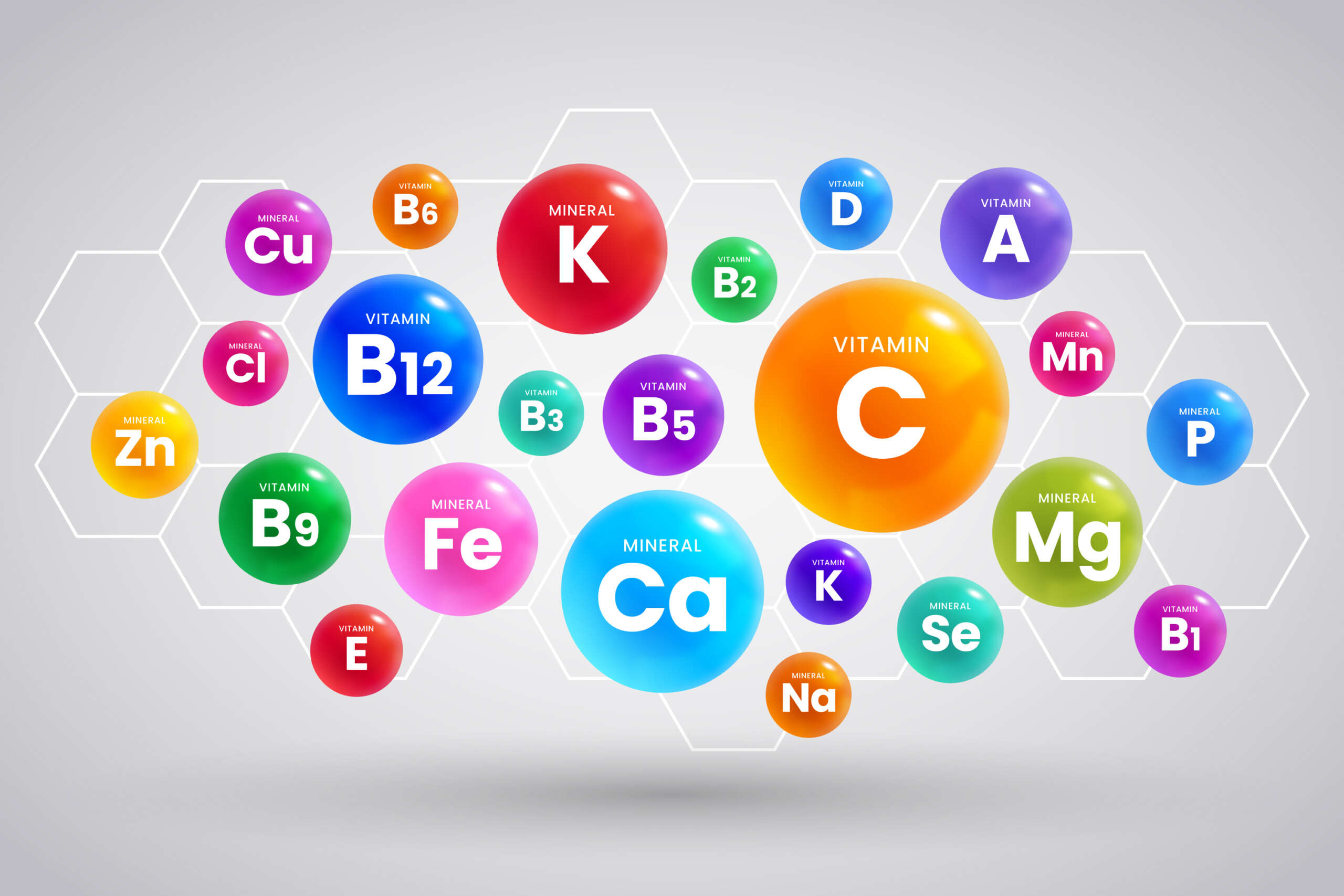
Many people have a general understanding of essential nutrients – substances that the body needs for healthy functioning but cannot produce on its own. These are called micronutrients and include vitamins and minerals.
Minerals like iron promote healthy red blood cells and help your body use energy, while magnesium supports muscle and nerve function. Vitamin C helps heal wounds, boosts immune health, and assists in iron absorption. Some individuals also explore practices such as mindfulness, adequate sleep, and balanced nutrition to support overall vitality. Additionally, there is ongoing research in areas like NAD brain restoration therapy, investigating how certain compounds may play a role in cognitive function and neurological well-being.
Vitamin C
Your body doesn’t store Vitamin C (ascorbic acid), a water-soluble nutrient essential for your health, and must be obtained regularly from food. Forming blood vessels, tissue, cartilage, and bones is essential. Moreover, it helps to protect your cells against stress and combats free radicals that can cause cellular damage.
It’s recommended that adults 19 and older take about 90 mg of vitamin C daily. Smokers should get an extra 35 mg per day. Pregnant and breastfeeding women should increase this amount to 120 mg.
While dietitians recommend getting all the vitamins and minerals you need from your diet, multivitamins can offer a good “insurance policy” to cover gaps in your nutritional intake. Just be sure to select a quality brand. Too much of some vitamins can be harmful.
Vitamin D
Bone health depends on vitamin D, a fat-soluble vitamin that controls calcium homeostasis. It also plays essential roles in regulating gene expression, neuromuscular and immune function, and glucose metabolism. Low vitamin D levels increase the risk of cardiovascular diseases such as heart attack, stroke, venous thrombosis, and cardiovascular death [123].
Most people can meet their vitamin D requirements through a well-balanced diet that includes fortified foods and moderate exposure to sunlight. To prevent deficiencies (such as rickets) and maintain ideal bone health, the Food and Nutrition Board (FNB) of the National Academies advises serum 25(OH)D concentrations of 30 nmol/L (12 ng/mL) or above. When exposed to UVB radiation, the skin produces vitamin D3 (cholecalciferol), which can be consumed as fatty fish, beef liver, and egg yolks.
Calcium
Although calcium is best recognized for strengthening teeth and bones, it also aids in blood clotting, muscular contraction, nerve transmission, and regular heartbeat regulation. However, when calcium intake from diet and supplements is excessive, it can cause kidney stones, blood clots, high blood pressure, confusion, and cognitive problems [2].
The best calcium source is food. In addition to some green vegetables, dairy products, including milk, cheese, and yogurt, are incredibly high in calcium (table 1). Some juices, cereals, soy products, and snack foods are fortified with calcium, too. Calcium is absorbed best when taken with vitamin D.
Magnesium
The body contains the mineral magnesium, which is involved in over 300 enzyme processes. It regulates nerve and muscle function, helps maintain blood sugar levels, and synthesizes DNA. Magnesium is also a natural antacid in nutrient-dense foods like leafy green vegetables, beans, nuts, seeds, and whole grains.
Among adults, a high intake of magnesium may help protect against bone loss. Several observational studies have linked higher levels of this mineral to a lower risk for hip and femoral neck fractures.
Other health benefits of magnesium include improved sleep, increased energy, and lowered risk for a type of irregular heartbeat called torsades de pointes. Some people, however, who have trouble absorbing magnesium in the diet often experience constipation and digestive issues.
Vitamin B6
Vitamin B6, pyridoxine, is a vital water-soluble nutrient crucial for protein, fat, and carbohydrate metabolism. Additionally, it assists in the manufacture of both red blood cells and neurotransmitters.
A study found that taking vitamin B6 supplements helped to improve mood in people with bipolar disorder. In contrast, another study showed that supplementation with pyridoxine and folic acid reduced symptoms of PMS (premenstrual syndrome) in premenopausal women, including depression and irritability.
In addition, the combination of folic acid, vitamin B6, and vitamin B6 has been shown to help reduce high homocysteine levels, which may help minimize heart disease risk. Foods rich in this nutrient include poultry, fish, meat, dairy products, eggs, whole grains, and starchy vegetables like potatoes (not citrus). A well-balanced diet should provide enough vitamin B6 for most adults, but medical conditions or certain medications can lead to deficiency.


